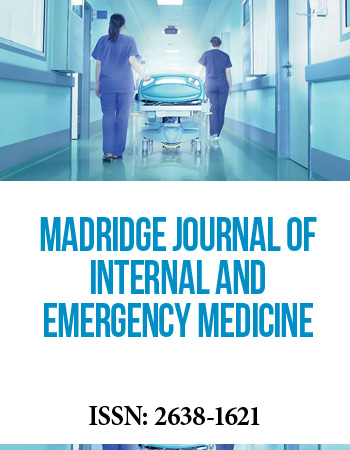International Translational and Regenerative Medicine Conference
April 25-27, 2018 | Rome, Italy
Potential Anti-Colon Cancer Effect of LTC4 through the Induction of 15-PGDH
1Department of Translational Medicine, Lund University & Skane University Hospital, Sweden
2Department of Surgery, Institute of Clinical Sciences, Sahlgrenska Academy, University of Gothenburg, Sweden
3Department of Laboratory Medicine, Lund University, Sweden
Colorectal cancer is one of the leading causes of cancer-related deaths worldwide. Cyclooxygenase-2, having a key role in the biosynthesis of prostaglandin E2 (PGE2), is often up-regulated in CRC. PGE2 induces angiogenesis and tumor cell survival, proliferation and migration. The tumor suppressor 15-hydroxyprostaglandin dehydrogenase (15-PGDH) is a key enzyme in PGE2 catabolism, converting it into its inactive metabolite 15-keto-PGE2 and is often down-regulated in cancer. Interestingly enough, CRC patients expressing high levels of Cysteinyl leukotriene receptor 2 (CysLTR2) have good prognosis and therefore, we investigated a potential link between CysLTR2-signaling and the tumor suppressor 15-PGDH in colon cancer cells.
We observed a significant up-regulation of 15-PGDH after LTC4 treatment, the ligand for CysLTR2, in colon cancer cells, on both mRNA and protein levels, which could be reduced by a CysLTR2 antagonist or a JNK inhibitor. LTC4 induced 15-PGDH promoter activity via JNK/AP-1 phosphorylation. Furthermore, we also observed that LTC4 via CysLTR2/JNK-signaling pathway increased the expression of the differentiation markers sucrose isomaltase and mucin-2 in colon cancer cells.
Restoration of 15-PGDH expression through CysLTR2-signaling promotes differentiation of colon cancer cells, indicating an anti-tumor effect of CysLTR2-signaling.
Biography:
Dr. Shakti Ranjan Satapathy is a postdoctoral researcher at Department of Translational Medicine, Lund University, Sweden where he studies the role of Cysteinyl leukotriene receptors in metastasis of colon cancer. He started his postdoctoral research at Purdue University, USA where he studied the role of novel kinases as potential therapeutic targets for prostate cancer and Alzheimerʼs disease. He had received his PhD in Cancer nanotechnology in 2015 from KIIT University, India.Apart from his curiosity in life sciences, he is very fond of physics and world history. Dr. Shakti is committed to advance the understanding about cancer and making the world a better place.


